In the video: a girl was rescued from the rubble of the earthquake in the Aleppo region of Syria (from Twitter)
We are all surrounded by the regional news regarding the disastrous earthquakes that occurred in our region, in neighboring countries.
The pictures are difficult, and the news is not easy to see and hear.
Earthquakes are an emergency situation that drops the ground under our feet, literally.
In such a period we must function in a benevolent way for our child, while providing information and mediation, sensitivity and great attention, in order to reduce as much anxieties as possible and take care of their physical and mental health.
All the updates on the earthquake in Turkey are here , here
are some highlights to pay attention to:
1. We must give information that is based on real facts.
Earthquakes are an emergency situation and we in Israel are used to emergency situations, but mainly in the context of missile attacks.
Now, there is a different reality with different legalities.
It should be clarified for the children that missiles have an alarm and we will seek to be inside a protected building, while in an earthquake there is no alarm and there is actually a recommendation to go outside and away from buildings.
The rationale for things must be explained when, in fact, the main danger factor must be focused on, which is not the earthquake itself, but the possibility of buildings collapsing due to the earthquake.
2. We must mediate the information in a way adapted to the age of our child
Mediated information must be given that is adapted to the child's age.
As a rule, the information should be simplified.
In emergency and anxiety situations it is better to give simple information.
As the children are older and more interested, the geological phenomenon behind the earthquakes can be explained to them.
Part of the mediation is giving them the feeling that there is a responsible adult who cares for them and this includes the Home Front Command as an assistant, the educational institutions that are being prepared and we as parents who will accompany and protect them.
Adjust exposure to images.
Both for parents and children. (Photo: Reuters)
3. We must regulate and prevent excessive exposure to the media
in emergency situations, there are many pictures and news in the media.
Obviously, it cannot be completely avoided.
However, we need to regulate the exposure to this first of all regarding ourselves, based on a personal example and also because it does not benefit us either.
Second, we should keep our children away from excessive exposure to pictures and news.
Since these are not suitable for children and contain quite a few disturbing sights.
4. We must create open channels of discourse to process the emotions that arise as a result of the fears of the future
.
It must be conveyed to the children that you are attentive to questions and are open to listening to the sharing of concerns and worries.
In addition, the concerns should be normalized and shared that we are also afraid, and that it is natural to be afraid in such a situation.
Dr. Belha Parintah is the S. of the Educational Psychology Program and Educational Psychologist Specialist, Ahva Academic College
health
parenthood
Tags
Earthquake
Earthquake in Turkey
Children
parents

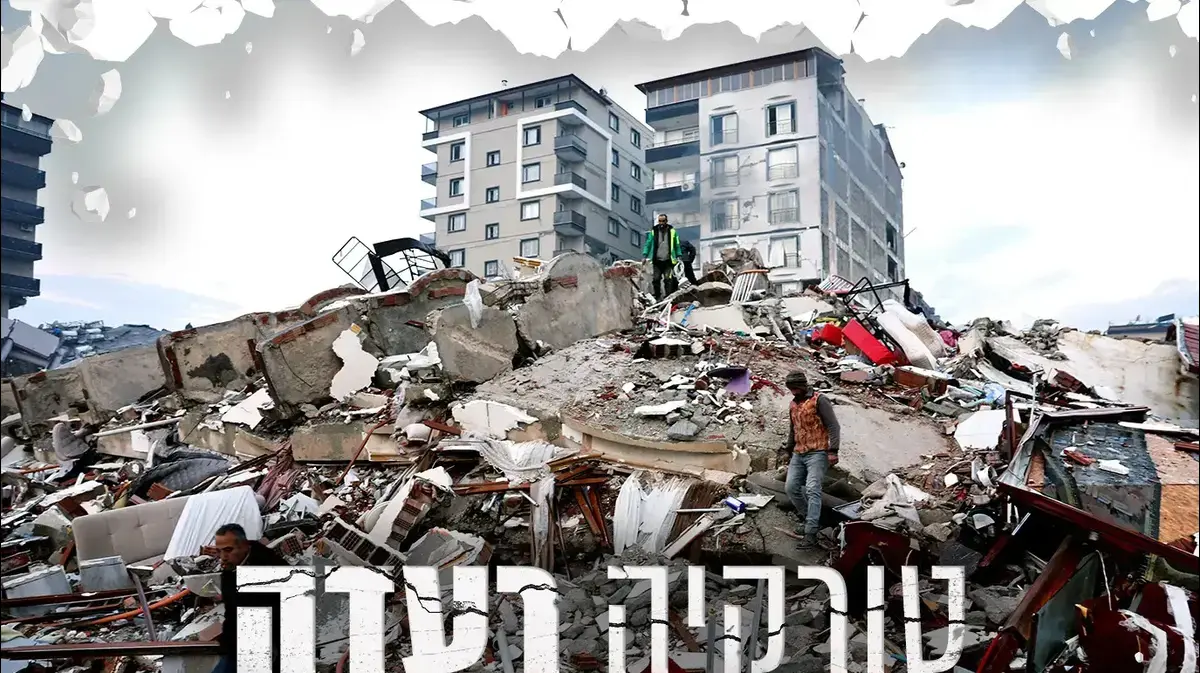
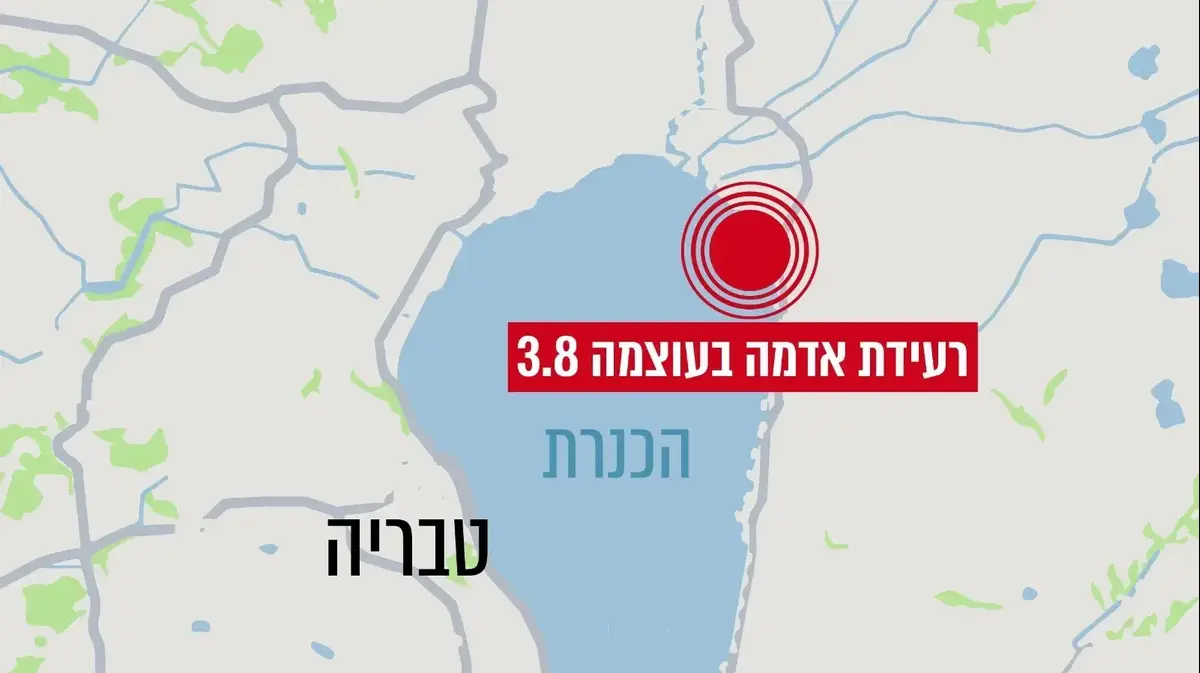
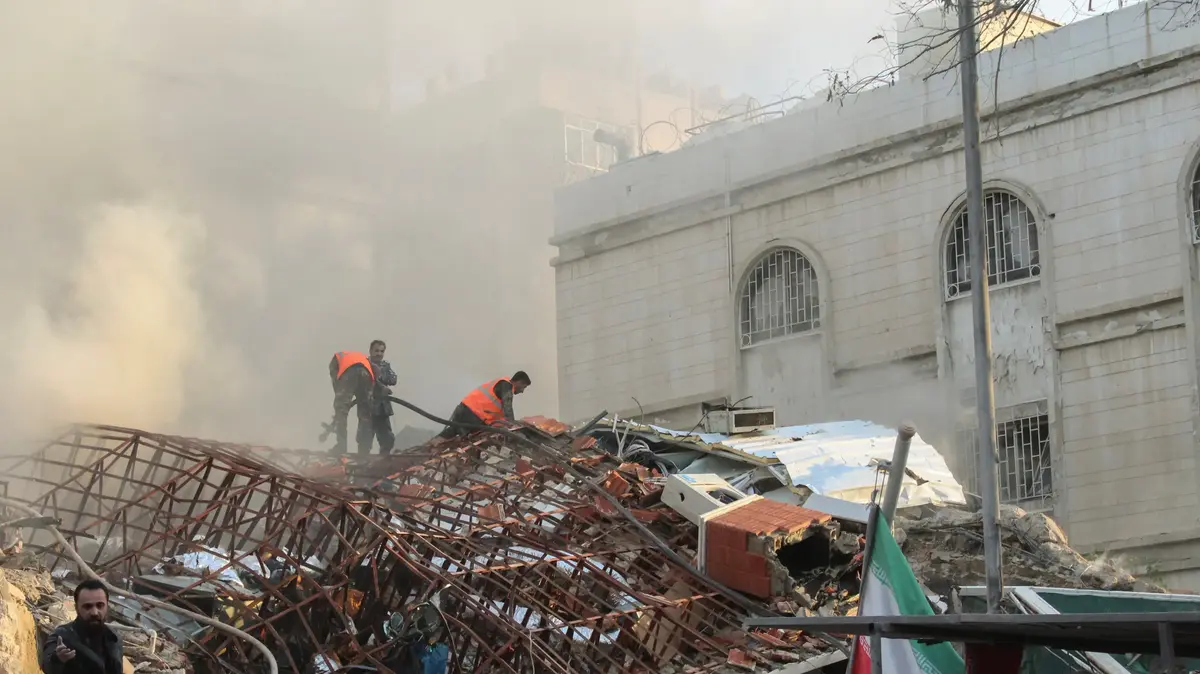
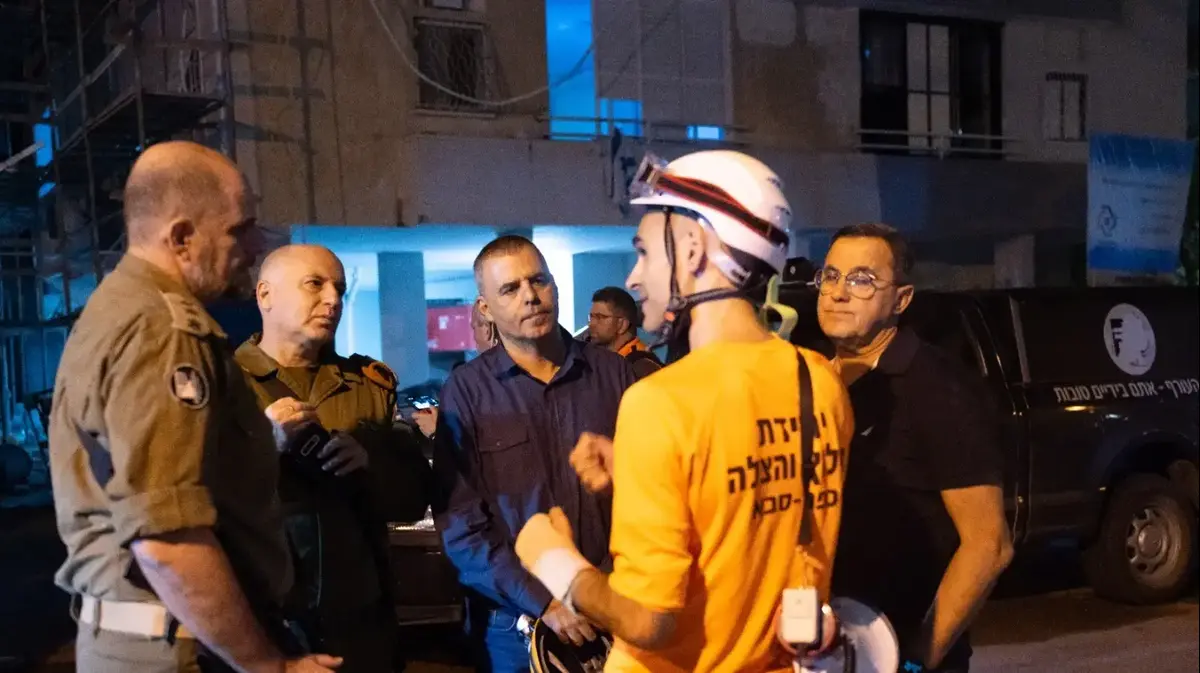
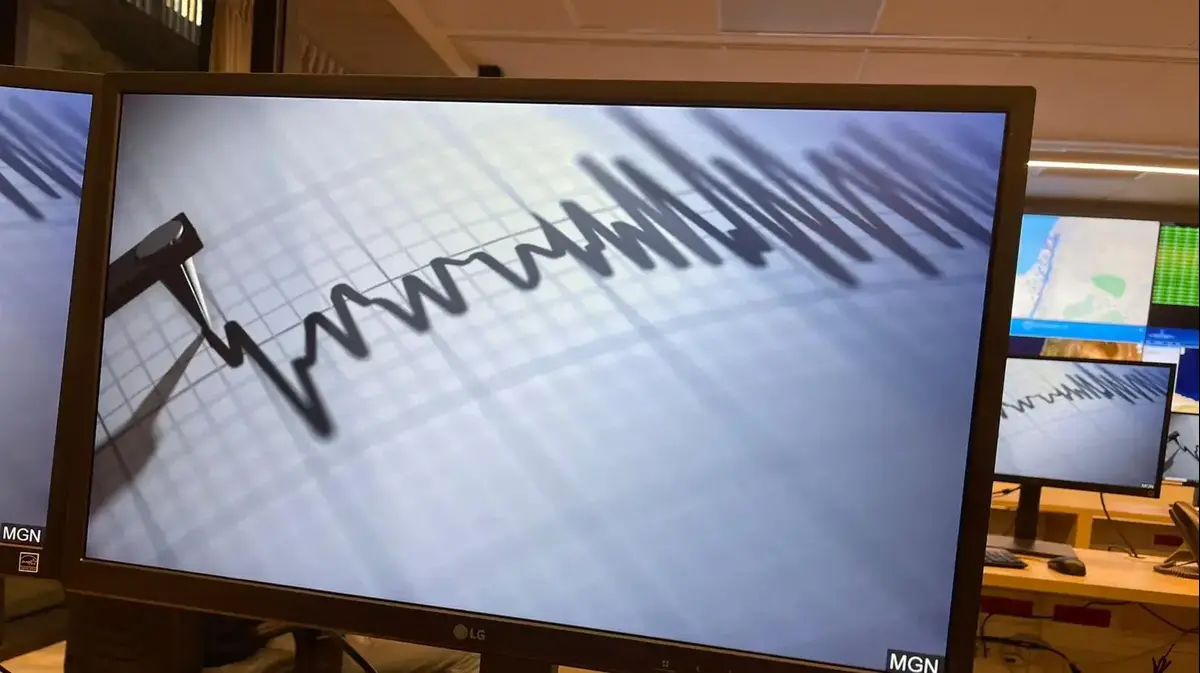



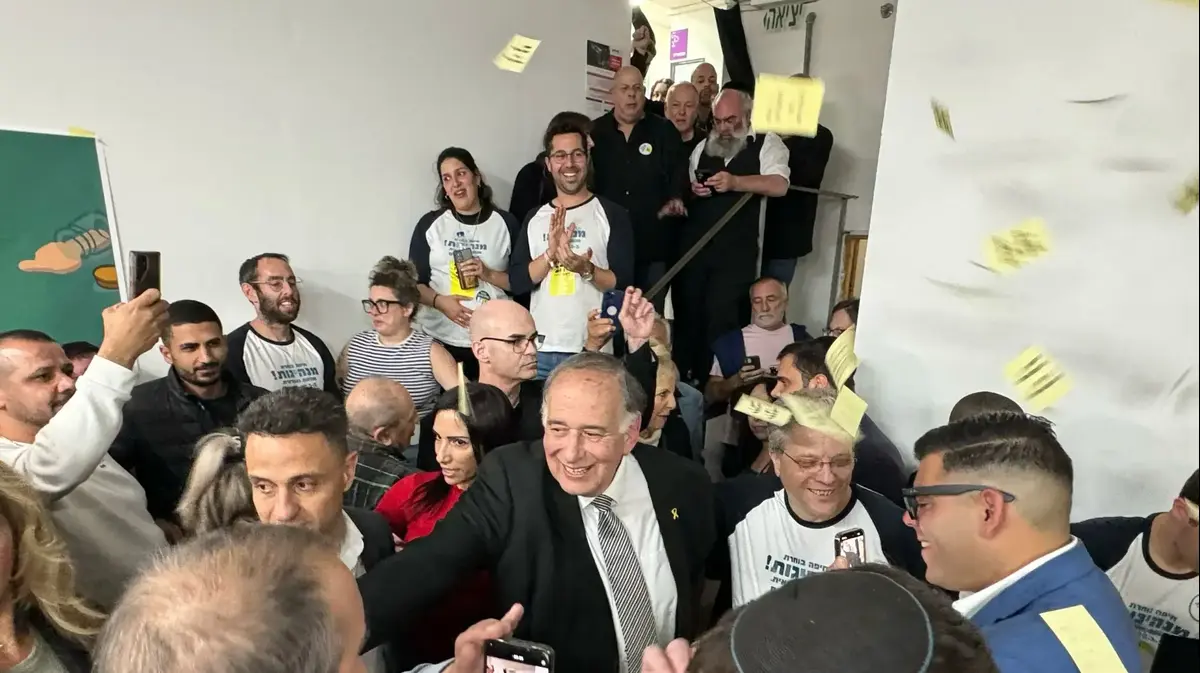




/cloudfront-eu-central-1.images.arcpublishing.com/prisa/S7ERVSCT4FUVX6R7TUVBDNTH5Y.jpg)
